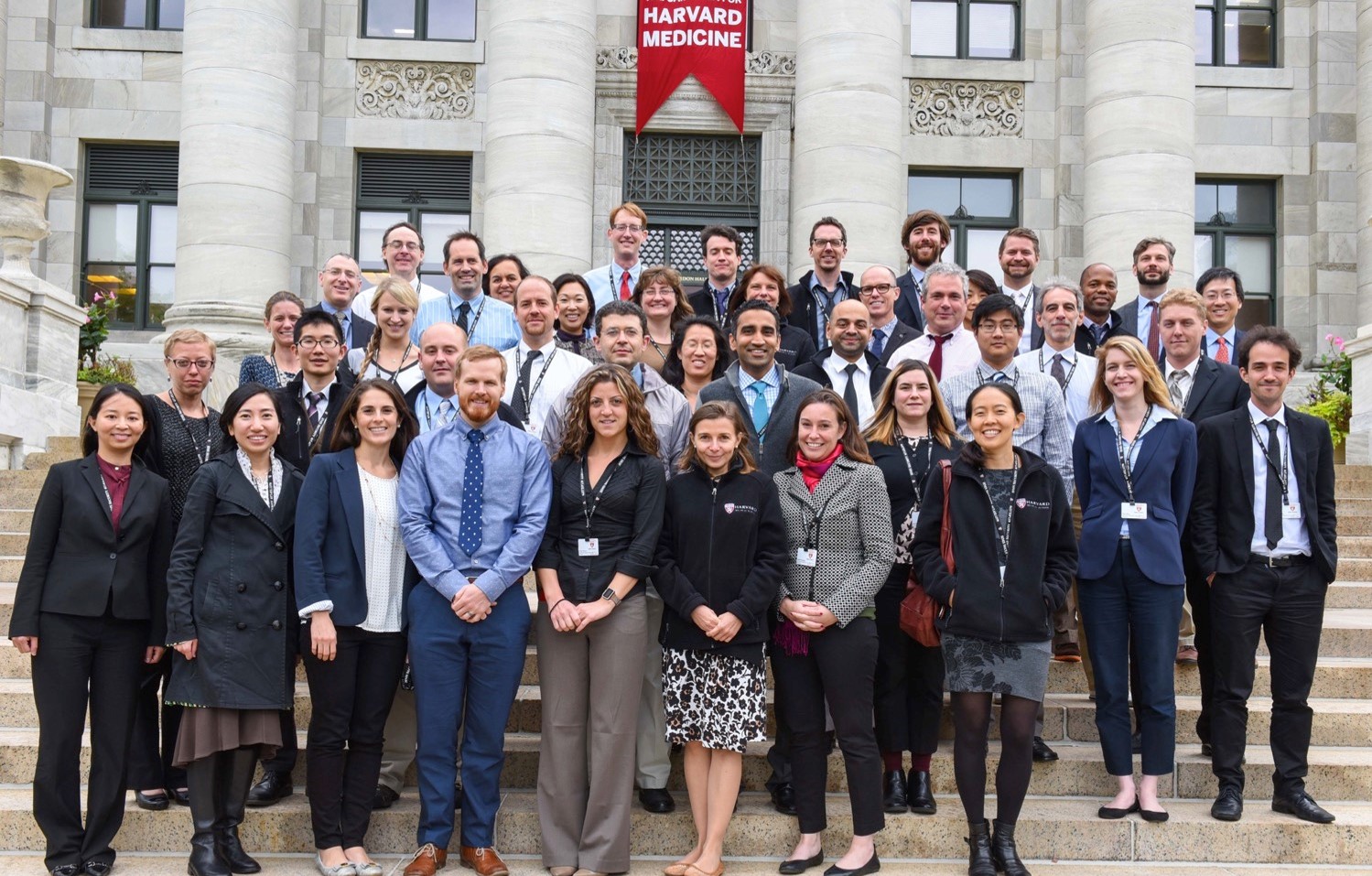Understanding Technology’s Role In Addressing Health Care Challenges | Google Client Story
Google leaders learn the art and science of medicine.
Google leaders learn the art and science of medicine.

Google is becoming a leading player in health care. Technology—including data science and artificial intelligence (AI)—is transforming health care in ways that may improve patient outcomes, better support clinicians, and create new efficiencies. To help ensure those working on health care-related innovations have a true understanding of how complex health care systems operate, Google learns with Harvard Medical School (HMS).
Cohorts of Google participants are experiencing deep dives into health care through customized executive-level programs designed and delivered by HMS. Sessions cover a wide range of topics including real world medical practice, the patient experience, influencing health behaviors, health economics, and the future of health IT. During programs, Googlers take part in clinical immersions at nearby hospitals and health centers, so that they can witness health care in action.
Several new Google AI health care projects have been inspired by new perspectives gained at HMS. For example, Katherine Chou and Kasumi Widner have been working on digital assistance for scribing using automatic speech recognition models for transcribing medical conversations. This technology aims to helps doctors with their everyday workload, while patients benefit from better communication and more of their doctor’s attention.
Google is working to develop new products and services that make an impact on improving the accuracy and availability of health care. The real-world insights gained at HMS play an important role in ensuring this happens.
Our experience at Harvard Medical School played a huge role in shaping the way we think about health care. Through the program, we developed a much better sense for technology’s role in addressing health care challenges. We’re now focused on increasing the supply of high quality care by automating workflows and lowering the administrative burden on clinicians, so they can focus more on patients.

© 2025 by the President and Fellows of Harvard College